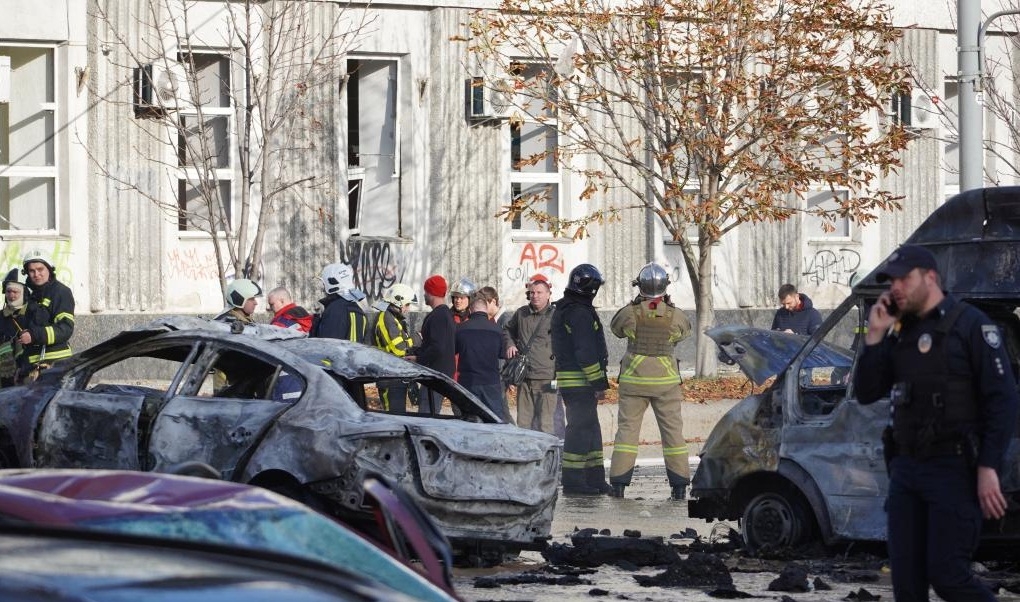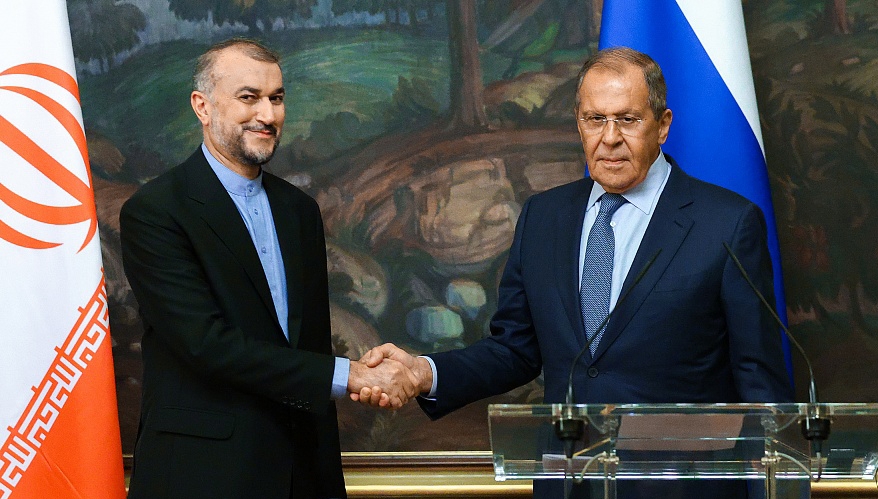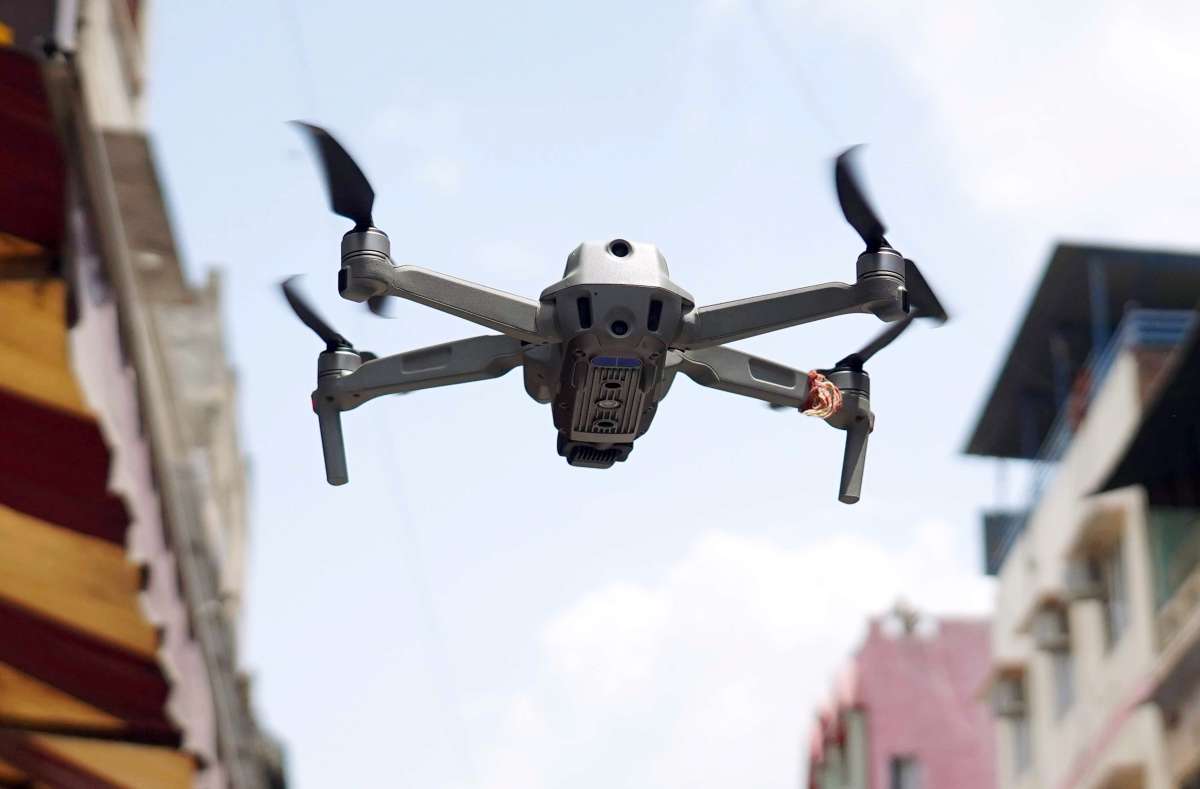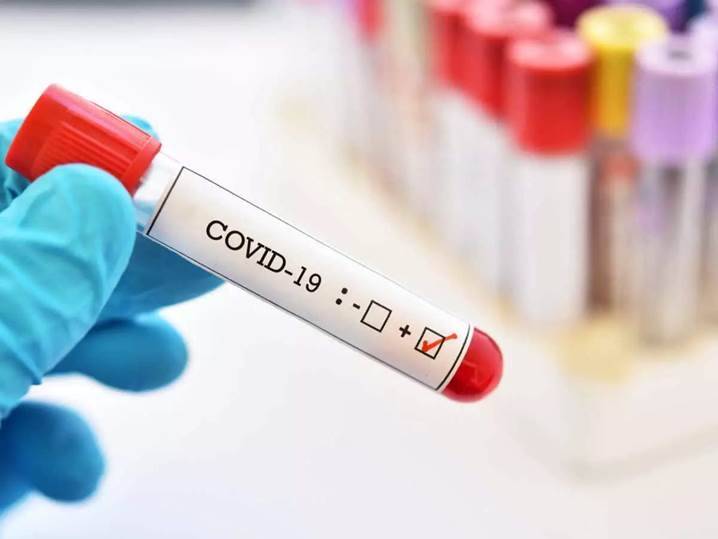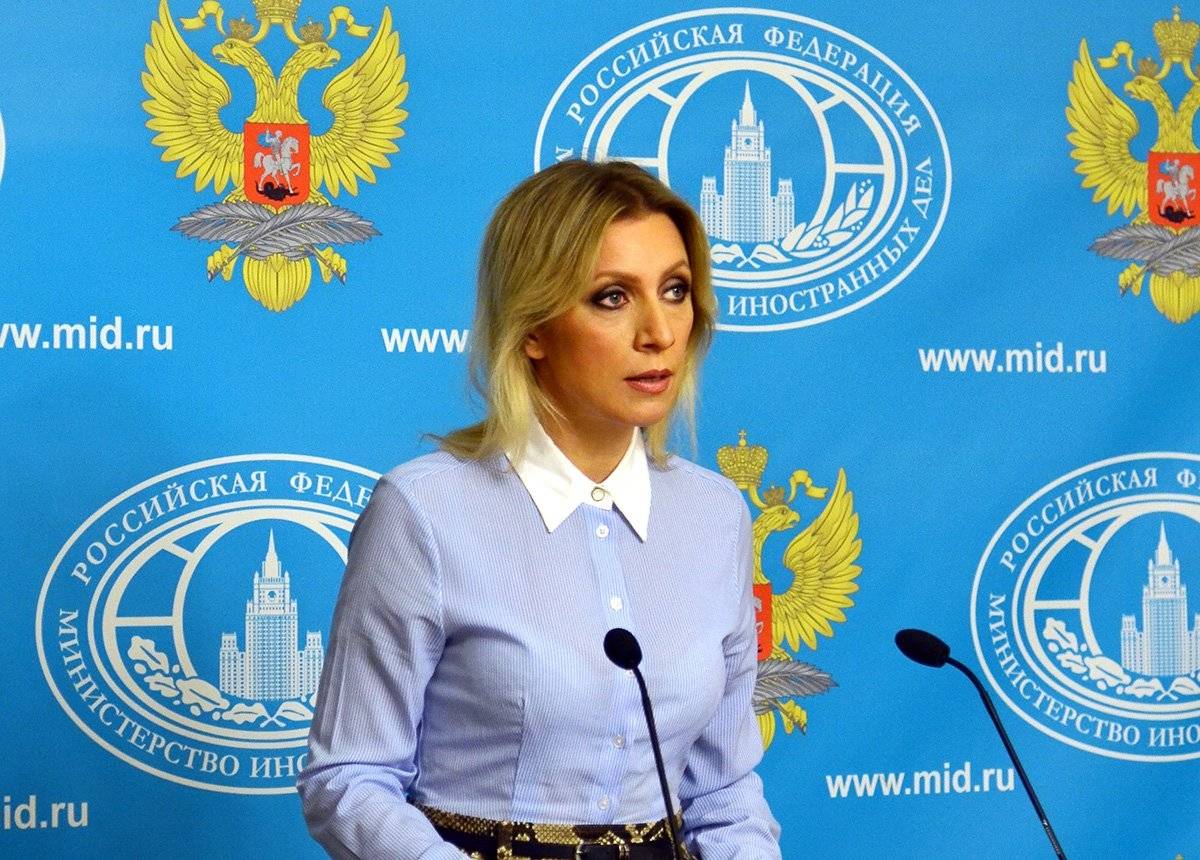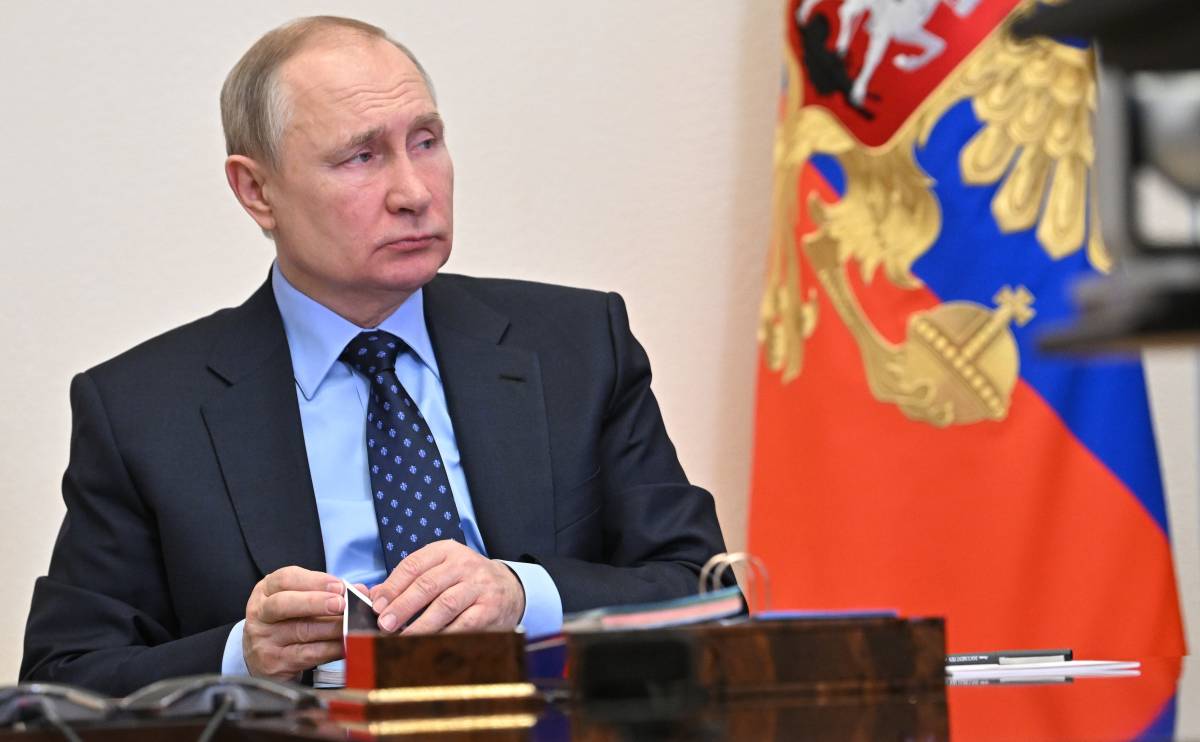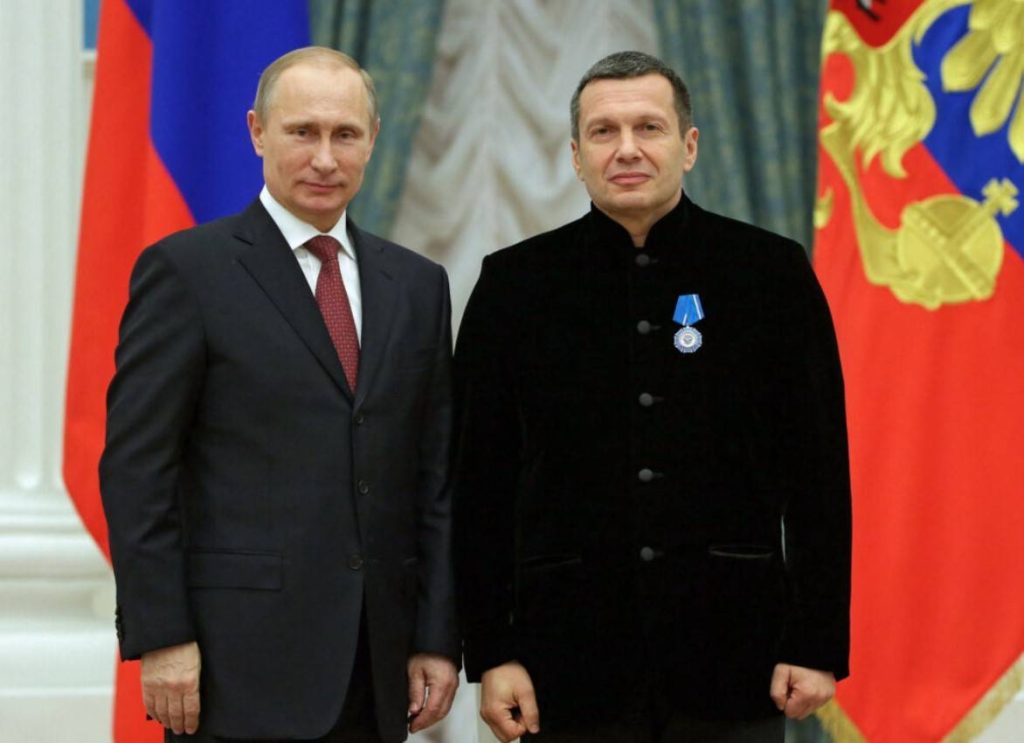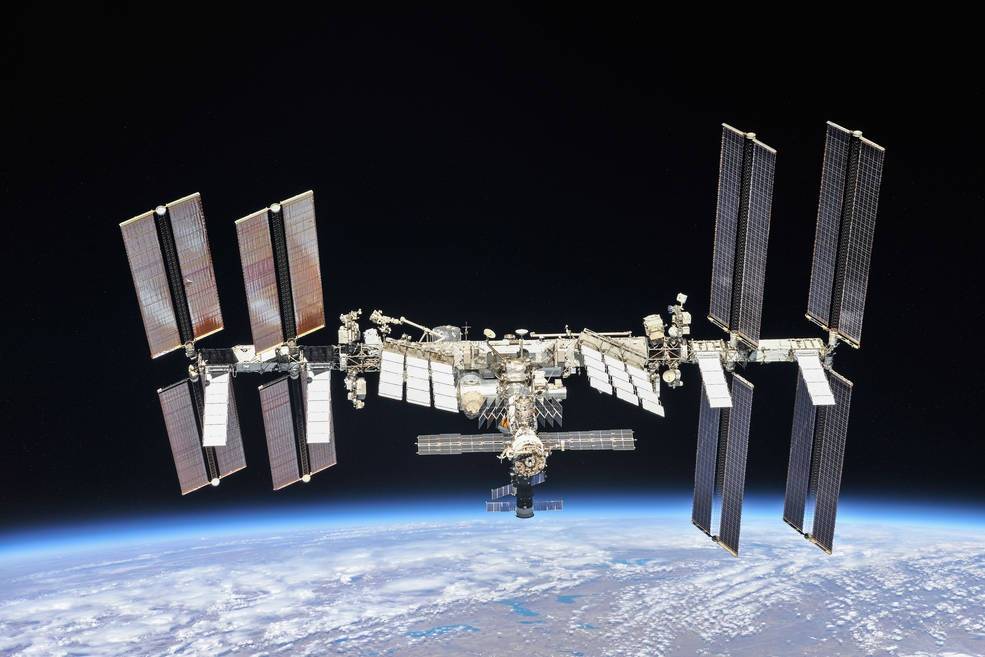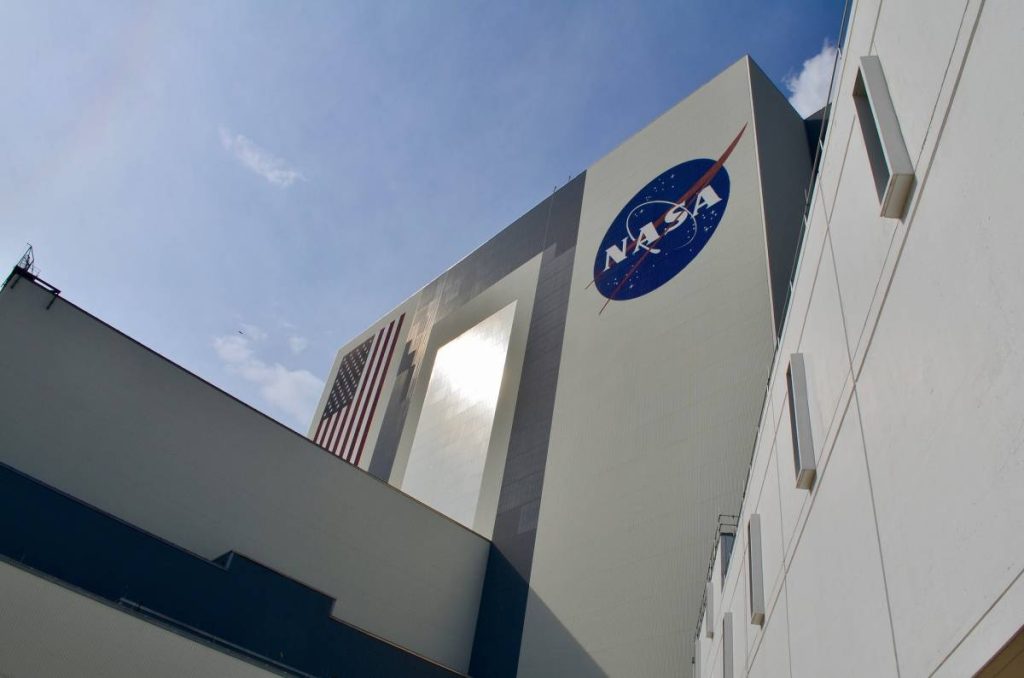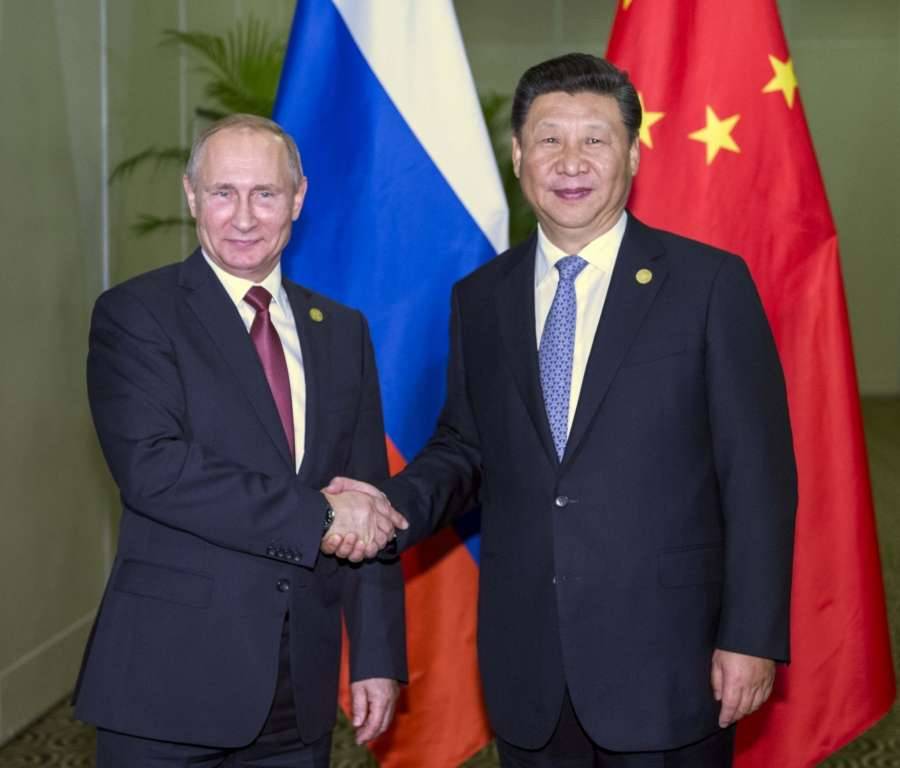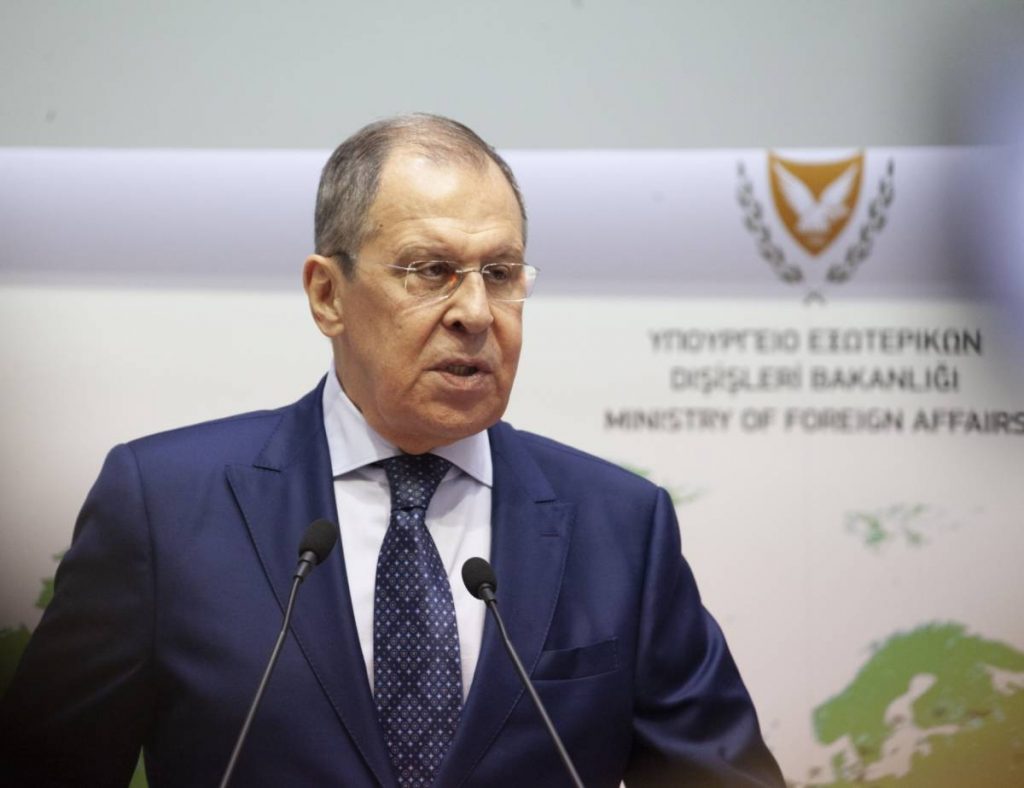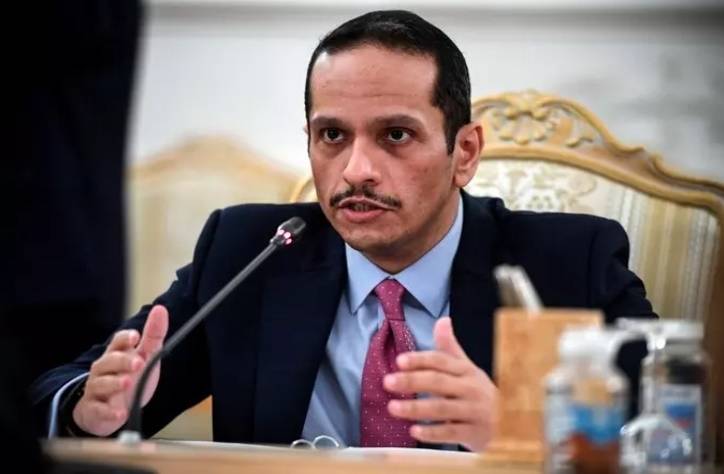Several buildings were damaged in wealthy suburbs of Moscow, including the elite district of Rublyovka to the south-west of the capital…reports Asian Lite News
Russia has accused Ukraine of drone attack on Moscow on Tuesday morning, in which several buildings were hit, local media reported.
“The Kiev regime launched a terrorist attack with unmanned aerial vehicles on targets in the city of Moscow,” Russian Defence Ministry said in a statement.
The raid involved eight aircraft-type UAVs, all of which were hit; three drones that were suppressed by electronic warfare measures went out of control and deviated from their intended targets, the statement added, RT reported.
The remaining five drones were shot down by Pantsir-S air defence systems operating outside Moscow, according to the MOD.
The attack was first reported by the city’s mayor, Sergey Sobyanin, who said on Tuesday morning that the drone raid resulted in several buildings in the Russian capital sustaining minor damage, with residents in the area temporarily evacuated. He noted that no one was seriously hurt, with only two people seeking medical assistance, RT reported.
Moscow was attacked this morning by suspected Ukrainian kamikaze drones just hours after Russian President Vladimir Putin unleashed yet another volley of strikes on Kiev, Daily Mail reported.
Several buildings were damaged in wealthy suburbs of Moscow, including the elite district of Rublyovka to the south-west of the capital.
One drone exploded into a mushroom cloud near the village of Usovo, which is just down the road from Putin’s official Novo-Ogaryovo residence, Daily Mail reported.
“[Putin’s residence] would be in earshot of the explosion,” one local said.
Explosive drones also struck blocks of flats in Leninsky Prospekt and Profsoyuznaya Street about six miles from the centre of Moscow, reportedly wounding several residents and damaging the buildings.
Ukraine made no immediate comment on the attack, which would be one of its deepest and most daring strikes into Russia since the Kremlin launched its full-scale invasion of Ukraine more than 15 months ago, Daily Mail reported.
Ukraine denies direct involvement
Ukraine denied direct involvement with the alleged drone attack on the Russian capital, Moscow on Tuesday, CNN reported.
Ukrainian presidential adviser Mykhailo Podolyak in a conversation with a YouTube channel said, “Of course, we enjoy watching and predicting an increase in attacks. But of course, we have nothing to do directly with it.” He further stated, “What is growing in Russia is the karmic payment that Russia will gradually pay in aggravated form for everything it does in Ukraine.”
Earlier, Russia’s Defence Ministry claimed that Ukraine is responsible for a “terrorist attack” using drones against Moscow on Tuesday, according to CNN.
Earlier in the morning today, several unmanned aerial vehicles (UAVs) en route to Moscow were shot down near the Russian capital in the early hours, quoting Moscow Governor Andrey Vorobyov, TASS reported.
“This morning, residents of some districts in the Moscow Region could hear the sounds of explosions – it was our air defence in operation. Several drones were downed on their course to Moscow,” Vorobyov said on his Telegram channel.
Vorobyov asked the residents of the Moscow region to maintain their composure. He further said that all emergency units were in operation and further information will be released, as per the news report.
Meanwhile, Moscow Mayor Sergey Sobyanin said that two people required medical attention after a drone attack, TASS reported. He said that no one was seriously injured or taken to hospital after the drone attack. He further stated that emergency services and several ambulance crews continue to work at the site of the incidents.
ALSO READ-Zelensky in talks with Germany’s Scholz over Ukraine defence

